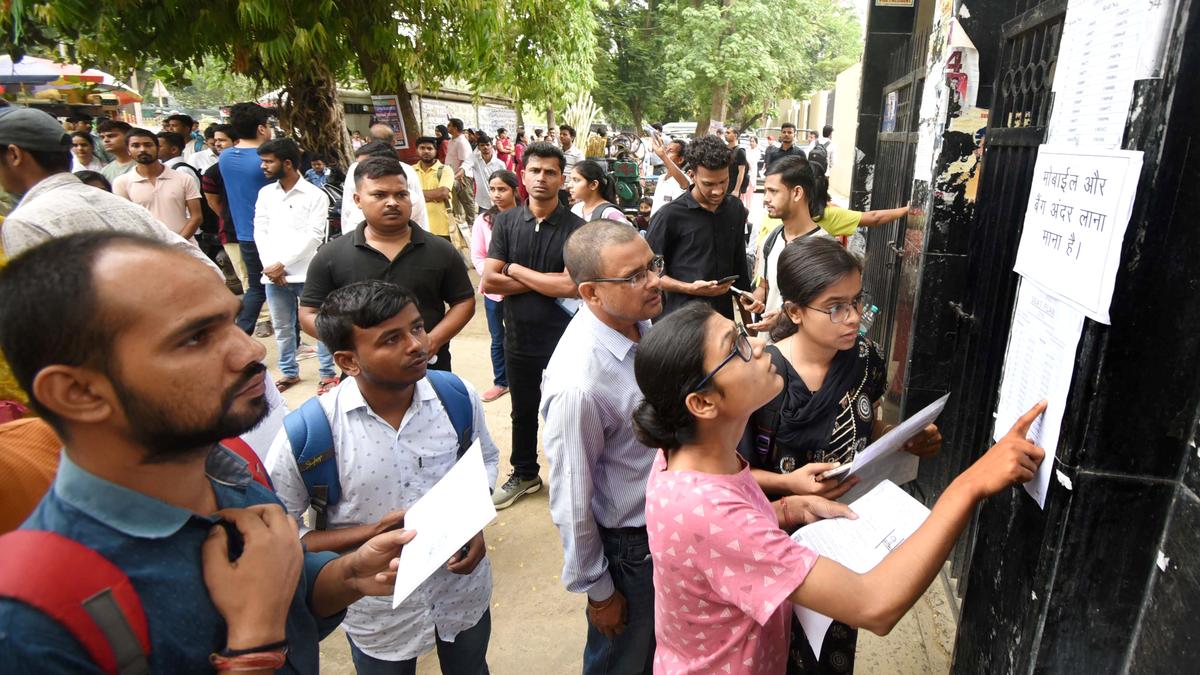Now Reading: UPSC Rules Out Shortening CSE Exam Duration
-
01
UPSC Rules Out Shortening CSE Exam Duration
UPSC Rules Out Shortening CSE Exam Duration

### Swift Summary
– The Union Public Service Commission (UPSC) informed a parliamentary panel that the one-year duration of the Civil Services Examination (CSE) cannot be shortened due to confidentiality and integrity concerns in it’s processes.
– CSE involves three stages: Preliminary Examination, Mains Examination, and Personality Test/interview.
– Over 10.27 lakh candidates applied for the 2023 Preliminary Exams held across 79 centers with 2,538 venues.
– evaluation of descriptive answer scripts takes over two months due to high volumes-1.20 lakh sheets evaluated across subjects by experts.
– A parliamentary committee recommended reassessment of recruitment frameworks and implementation timeline for Baswan Committee reforms, which addressed issues like absenteeism among applicants.
– suggestions included declaring the Preliminary exam answer key immediately after the exam and resolving discrepancies before announcing qualifying results for Mains. UPSC maintained that disclosing keys only after final results was effective and served public interest efficiently.
### Indian Opinion Analysis
The UPSC’s assertion that it cannot reduce the examination cycle reflects a prioritization of maintaining transparency, confidentiality, and meticulous evaluation over speed or efficiency gains. Given the massive scale-millions of applications annually-it is logical for such complete checks to remain integral to ensuring fairness in recruitment for prestigious governmental roles like IAS and IPS officers.
However,persistent calls from parliamentary panels suggest broader dissatisfaction with delays in reform implementations from sources such as the Baswan Committee’s recommendations since 2015. Streamlining processes without impacting quality could be beneficial but faces practical barriers in areas like large-scale manual script evaluation.Suggestions such as declaring preliminary answer keys earlier carry merit regarding transparency but may introduce logistical complexities or legal challenges given differing opinions on their feasibility within existing protocols. With these matters under judicial review (sub judice),any changes will likely require both systemic adjustments and alignment with legal mandates.
For further details: [Read More](#)






















